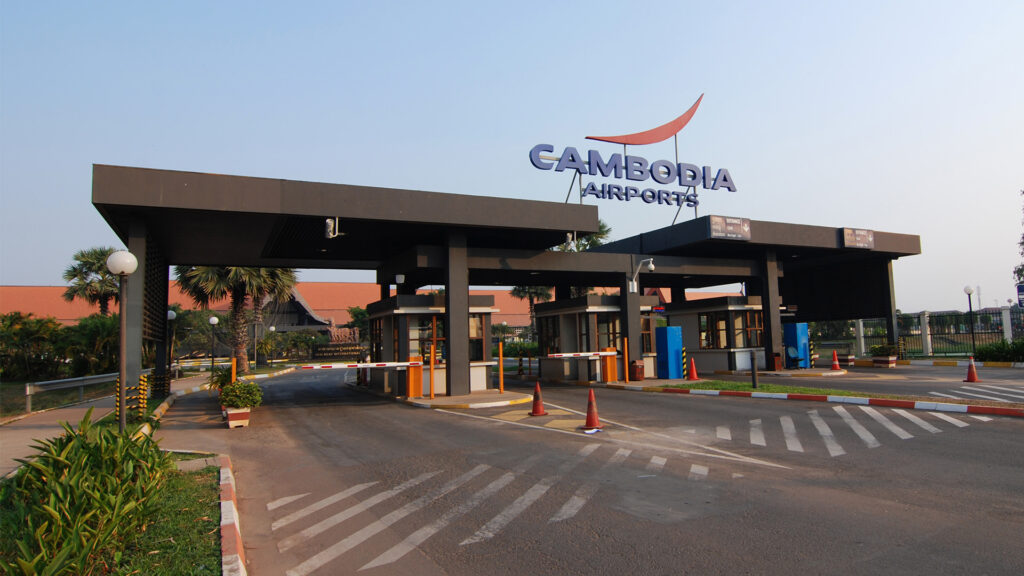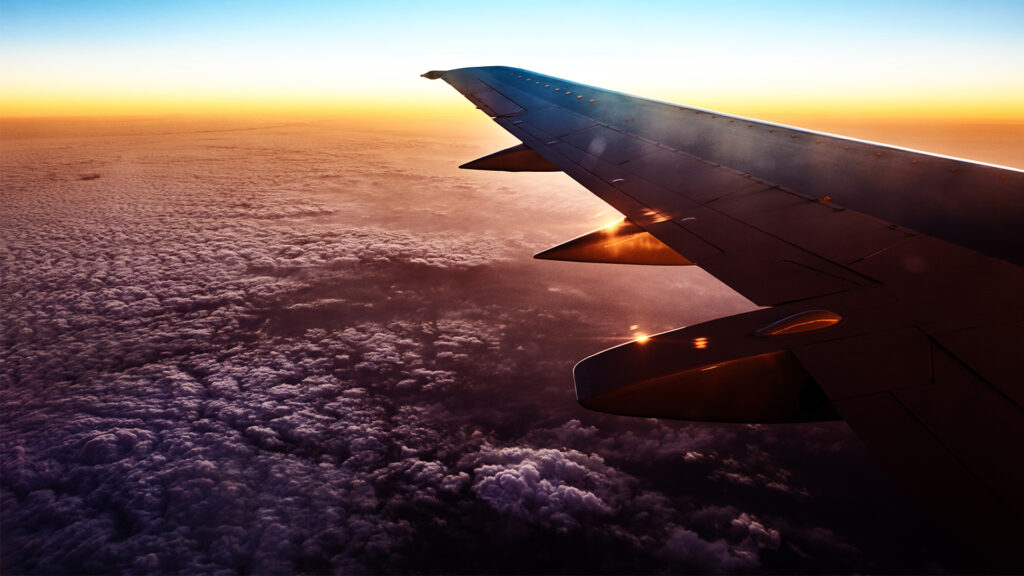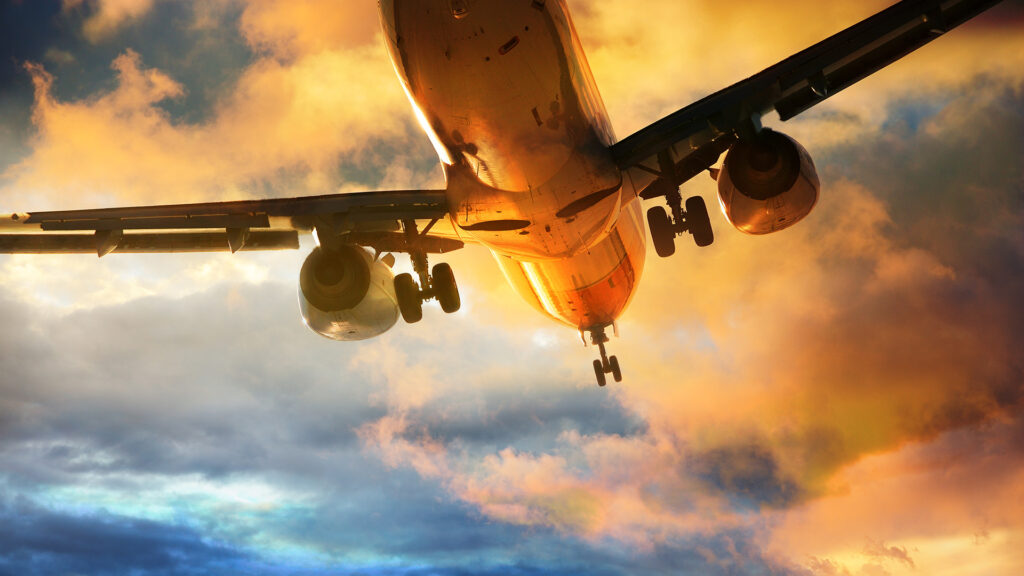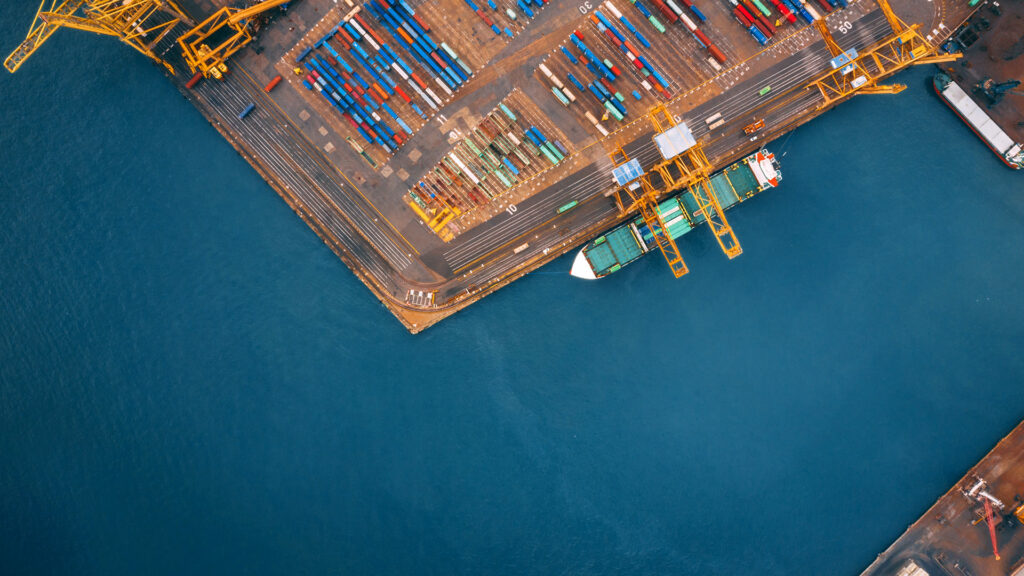
Montreal Convention comes into force in Bangladesh
Bangladesh has become one of the last major trading nations to implement the Montreal Convention1 (also known as “MC99”), which sets out a modern liability framework in relation to international carriage by air. This is a positive development, but some uncertainties do remain.
Timing of entry into force
Bangladesh signed the Convention when it was first opened for signature in 1999, but this was a purely symbolic act because the International Civil Aviation Authority (ICAO) did not consider MC99 to be in force in relation to air carriage to and from Bangladesh until Bangladesh had deposited its instrument of ratification. This did not happen until September 2022. ICAO records now state that the date of entry into force was 1 November 2022. 2
Unusually, however, the domestic Bangladeshi legislation which implements MC99 came into force before the international ratification process was completed. The Carriage by Air (Montreal Convention) Act, 2020 (the Bangladesh MC99 Act) was published in the Official Gazette on 26 November 2020 and we understand that it became enforceable in Bangladesh from that date. The Bangladesh MC99 Act applies the liability framework of MC99 to both domestic and international carriage by air.
This creates some uncertainty as to whether a claim arising out of international carriage that took place between November 2020 and November 2022 would be governed by MC99 or the earlier Warsaw Convention regime.
Liability Limits – amount
One of the key differences between MC99 and the Warsaw regime is the way that limits of liability are expressed. This has two important aspects:
(a) Limits are quantified in Special Drawing Rights (SDRs) rather than obsolete gold francs, which is a significant step forward in terms of certainty. Article 24 of MC99 provides that the SDR amounts may be reviewed every 5 years to ensure that they keep pace with inflation. They have been increased three times since MC99 came into force.
(b) For passenger injury claims, MC99 abolishes the Warsaw concept of an absolute limit of liability. This is replaced with a structure whereby up to a certain threshold the carrier is to all intents and purposes strictly liable, because it may not rely on any defences. Above the threshold, the carrier can defend the claim if it can prove that it was not negligent.
Unfortunately, the text of MC99 which is incorporated into the Bangladesh MC99 Act contains the original limits rather than the increased ones. It is therefore unclear whether the original or the revised limits would apply in Bangladesh.
As discussed above, the Original Limits have been stated in the Bangladesh MC99 Act even though these have subsequently been amended on two separate occasions by ICAO (in December 2009 and again in December 2019). This will likely lead to confusion as to the limits that may apply to international carriage, although it seems likely that the Original Limits will apply to domestic carriage until revisions are made to the Bangladesh MC99 Act.
Liability Limits – application
As explained above, MC99 specifies liability limits for baggage, delay and cargo claims and a liability threshold for passenger injury claims; it is important to understand that claimants are still required to prove that they actually incurred the losses for which they are claiming. It is, however, a common misconception that these limits and thresholds are fixed sums which are automatically recoverable without proof. We have seen this in other jurisdictions such as Nepal and some early reports of the draft Bangladeshi legislation suggested that the same misconception might be reflected there3. We are pleased to report that there is nothing in the Bangladesh MC99 Act that refers expressly to fixed sums recoverable. That said, the English translation of the Bangladesh MC99 Act does state that “In accordance with the provisions of the Montreal Convention, the amount of compensation shall be determined on the basis of SDR” and it goes on to say that this SDR amount shall be converted to local currency before payment to the claimant.
This wording does not sit well with the way that MC99 was intended to work, which is as follows:
- the claim would be made in the currency in which the loss was incurred;
- damages are quantified according to local law;
- the resulting sum is converted to SDRs in order to check whether or not it exceeds the MC99 limit/threshold.
We have some concern that the references to “determining” the compensation in SDRs will reinforce the misconception (by both claimants and lower court judges) that MC99 prescribes a fixed sum payable. This will need to be closely monitored by the airline community (as well as aviation insurers) to ensure that the Bangladesh courts apply MC99 in a manner which is consistent with international case law and practice.
What does this mean for the aviation industry?
Bangladesh now joins the vast majority of states worldwide which have implemented MC99. Carriage after November 2022 between Bangladesh and any of the other 138 other states party to MC99 (including the EU, the US, the PRC, Australia and Russia) will now be governed by a more modern liability regime than the outdated Warsaw system. This is particularly important for cargo claims because the cargo liability regime is vastly simplified compared to Warsaw and features unbreakable liability limits. For carriage between November 2020 and November 2022 it is possible to argue that MC99 applies, although this is untested due to the inconsistency between the international and domestic implementation dates,
Article 4 of MC99 allows the use of electronic documents as record of carriage in air cargo (under the Warsaw system a paper air waybill must accompany the shipment for carriers to avail themselves of the limits of liability). Carriers will, therefore, have legal certainty to utilise electronic air waybills (eAWB) on routes to/from Bangladesh. This will allow the removal of paper-based processes and enhanced accuracy, efficiency and productivity.
For passenger death and injury claims, a new system of unlimited liability is introduced, subject to limited defences where losses claimed exceed a threshold of approximately US$170,000. It remains to be seen how the Bangladeshi courts will apply this in practice.
What airlines operating to or within Bangladesh should do?
In light of the implementation of MC99 in Bangladesh, airlines should:
- Review General Conditions of Carriage and other passenger related contracts/terms to ensure MC99 is referred to and that the liability limits have been updated / correctly referenced.
- Update ground handling agreements (in particular Article 8 of the IATA SGHA) to reference the correct limits for cargo claims.
- Ensure all internal claims handlers have received the appropriate training so as to be able to handle claims from passengers and cargo interests in accordance with the MC99 framework.
- Liaise with the Civil Aviation Authority of Bangladesh (CAAB) and other local regulators/agencies in relation to the implementation or the e-AWB procedure so as to ensure this is permitted (notwithstanding the implementation of MC99, certain jurisdictions still refuse the use of e-AWBs so this should be checked by airlines that operate to/from Bangladesh).
- Monitor the development of local case law (especially in the Bangladesh District Courts) to ensure MC99 is being interpreted in accordance with international principles. In the event that it is not, consider challenging claims in the higher courts in order to secure the correct interpretation.
How can HFW help your business?
We support our aviation clients to apply and interpret international aviation liability law in all parts of the world. We handle and defend claims against airlines and other aviation stakeholders as well as drafting key commercial contracts for the industry. We also provide training for clients in relation to all aspects of aviation law and would be happy to provide further details on the issues discussed in this article.
For information, the limits are as follows
| Convention Article | Type of Liability | “Original Limits”/Threshold (SDR) | Revised Limit/Threshold as of 28 December 2019 | Current US$ Equivalent |
| 21 | Death/Bodily injury | 100,000 per passenger | 128, 821 | 171,100 |
| 22(1) | Delay | 4,150 per passenger | 5,346 | 7,100 |
| 22(2) | Baggage | 1,000 per passenger | 1,288 | 1,710 |
| 22(3) | Cargo | 17 per kg | 22 | 29 |
Footnotes
- Convention for the Unification of Certain Rules for International Carriage by Air, Montreal, 28 May 1999
- www.icao.int List of parties to the Montreal Convention
- https://www.hfw.com/Bangladeshi-cabinets-approval-of-legislation-to-bring-about-ratification-of-MC99-Sep-19
Download a PDF version of ‘Montreal Convention comes into force in Bangladesh’











